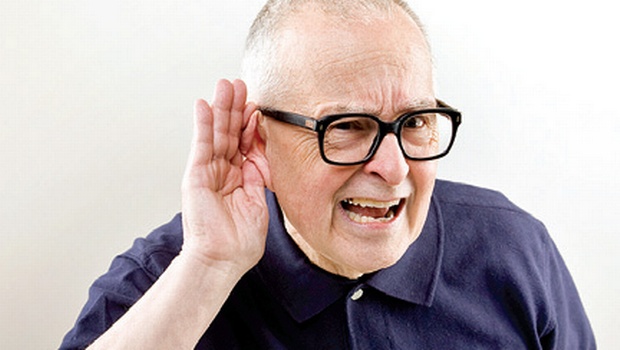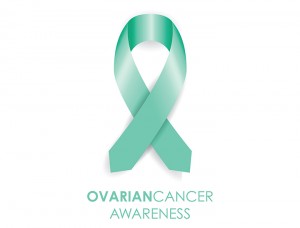
Did you know that it is estimated that 1 in 4 Australians could have some form of hearing damage by 2050? It takes the average Australian 7 years to seek help for hearing loss after they begin to suspect it might be a problem. Awareness of challenges faced by people with hearing loss is important, as is protecting hearing in people who do not yet have severe hearing loss.
Causes of Hearing Loss
There are many factors that could contribute to loss of hearing – genetics, diabetes and smoking can speed up its effects. However, a shocking one third of all cases of hearing loss are as a result of exposure to excessive noise.
Damage to hearing builds up over time. The louder the noise and the longer you are exposed to it, the greater the risk is to your hearing.
What is Excessive Noise?
As a general guide, noise is excessive when someone has to raise their voice to communicate to someone who is an arm’s length away. Workplace noise used to be the most common cause of hearing loss, but a major rising concern is personal listening devices, especially worn by young people. They really can cause permanent damage. The general rule is that if someone else can hear the music while ear buds are in, it’s too loud.
Just because someone already has hearing damage doesn’t mean they don’t have to worry about excessive noise – on the contrary, it’s even more important that they protect the hearing they have left. If you struggle to hear properly at a normal volume, don’t turn it louder – seek help.
Symptoms of Hearing Loss
Because losing your hearing is often a gradual process, it is easy to miss. People who know you well might notice the first signs of your hearing loss before you do. If you’re wondering if you might have some hearing loss, ask yourself:
- Do other people complain about how loudly you turn up the TV or radio?
- Are you uncomfortable in situations with a lot of background noise?
- Do you strain to hear at places like the cinema?
- Do you often have to ask people to repeat themselves?
- Can you hear clearly when using your telephone?
- Do you always hear the doorbell and your phone?
- Do you hear that people are talking but struggle to make out all of the words?
The sooner someone addresses hearing loss, the better chance they have of slowing down its progression. If you have any suspicions, or even just want to reassure yourself, tests are very simple and cheap (or even free).
Take Action
If you have any concerns about your hearing, get checked. The treatments for hearing loss have come a long way since the days of big, clunky hearing aids, and new products are in development all the time, so the fear of hearing aids shouldn’t stop you from seeing someone about your hearing. Don’t wait for years, just to become another statistic. Ask your GP to refer you to a hearing specialist, and start taking control of your hearing – because once it’s gone, it won’t come back.
Click here to book an appointment with a GP to discuss hearing loss –>


